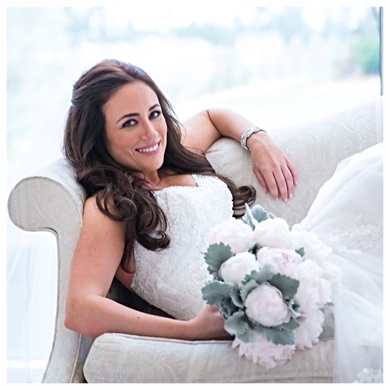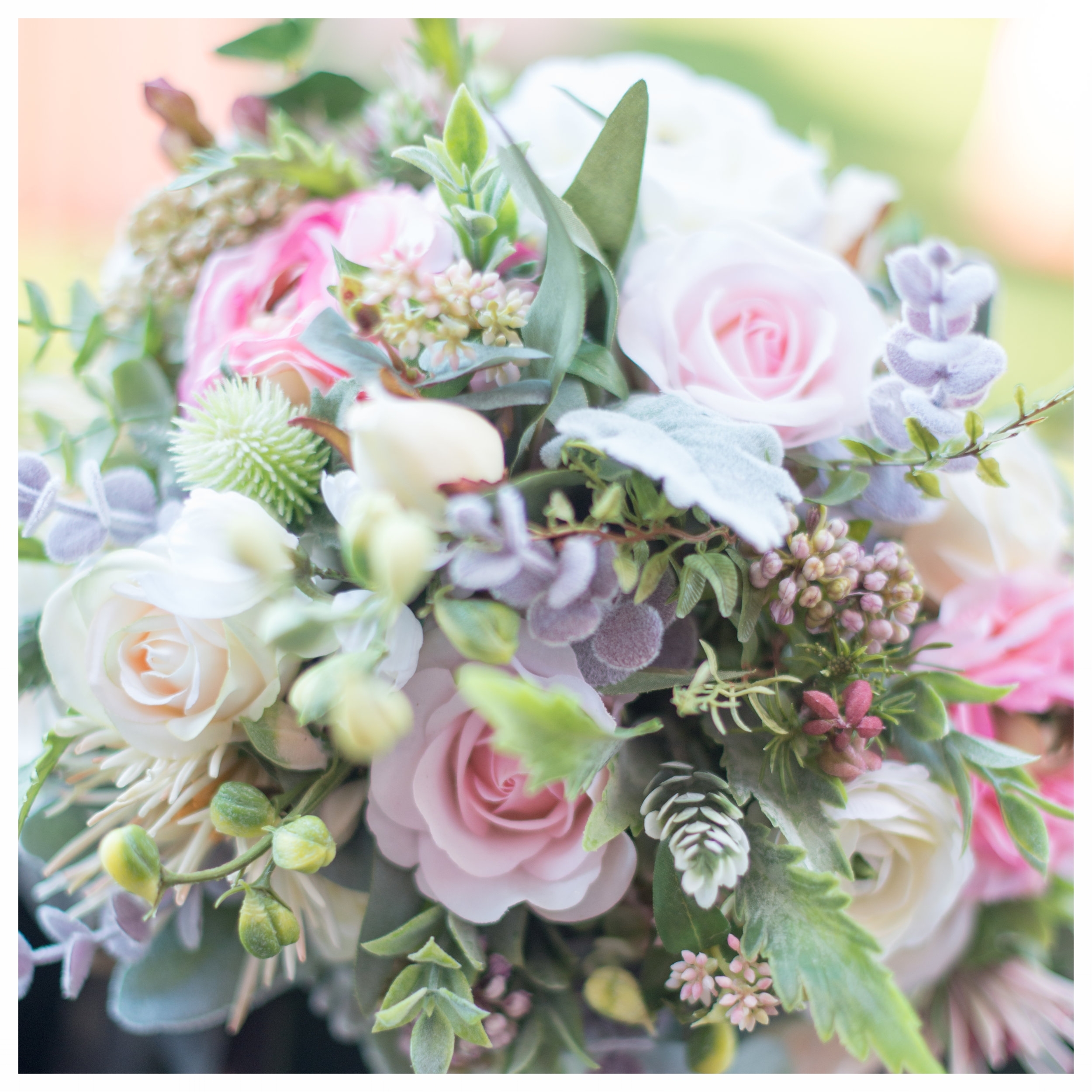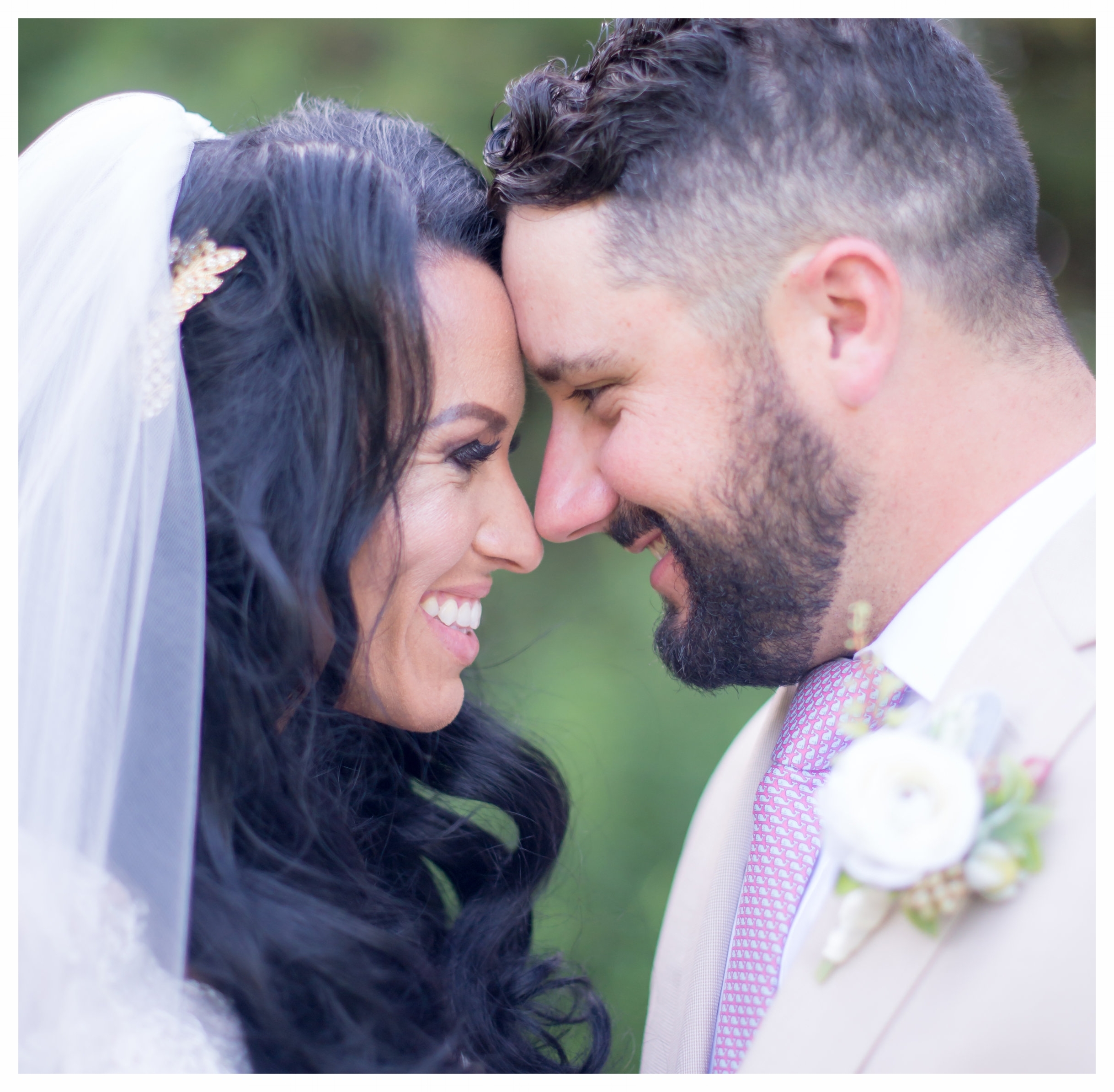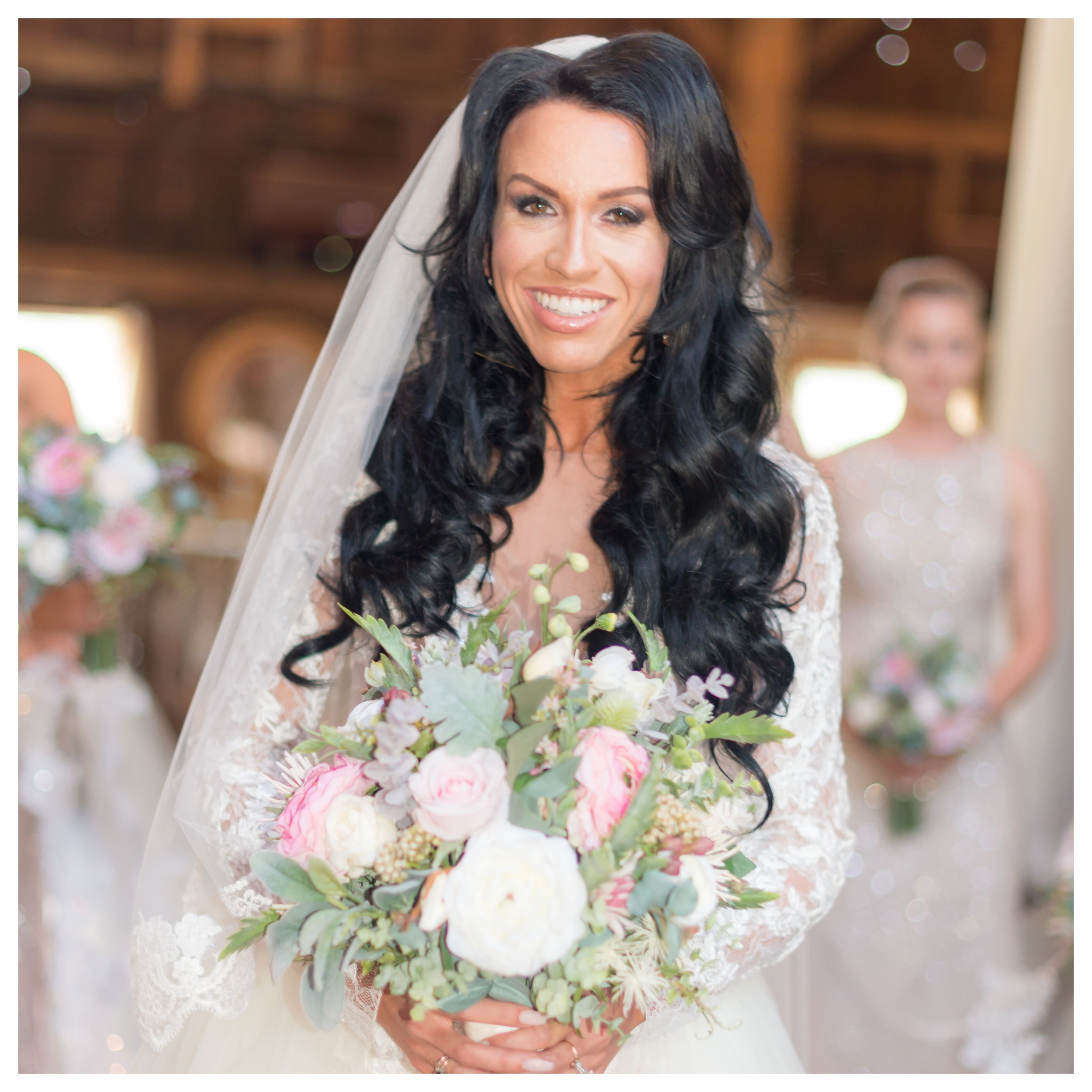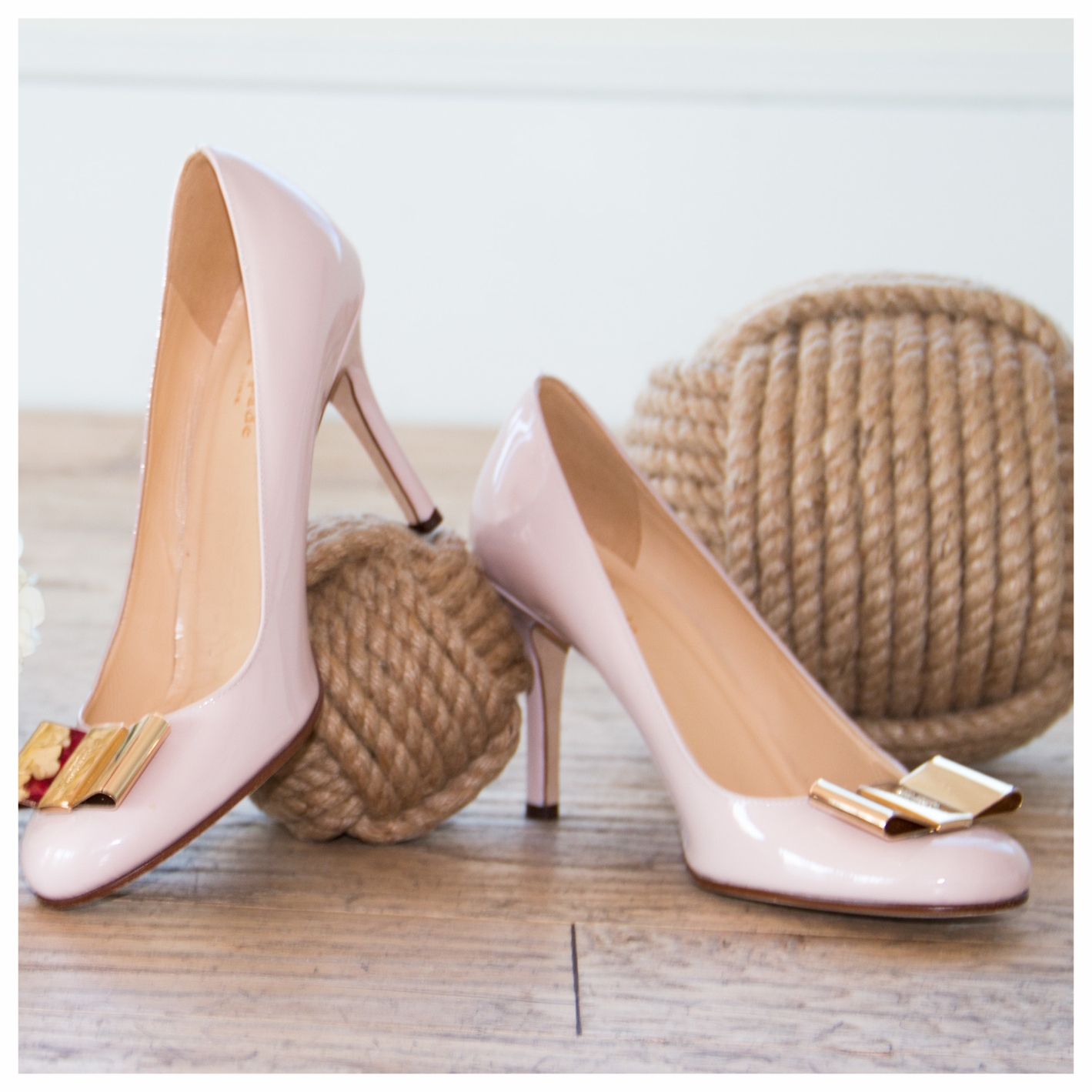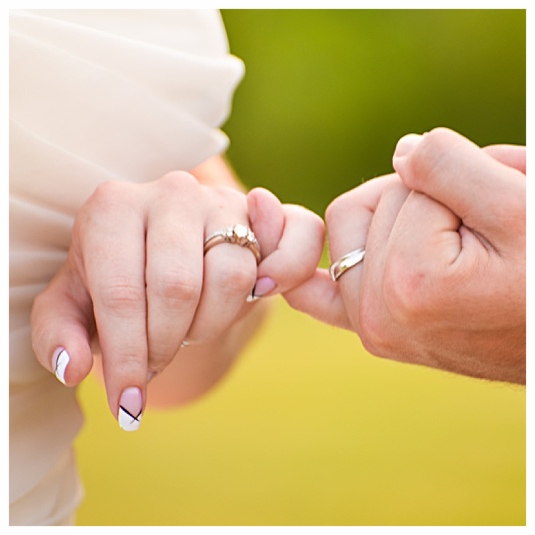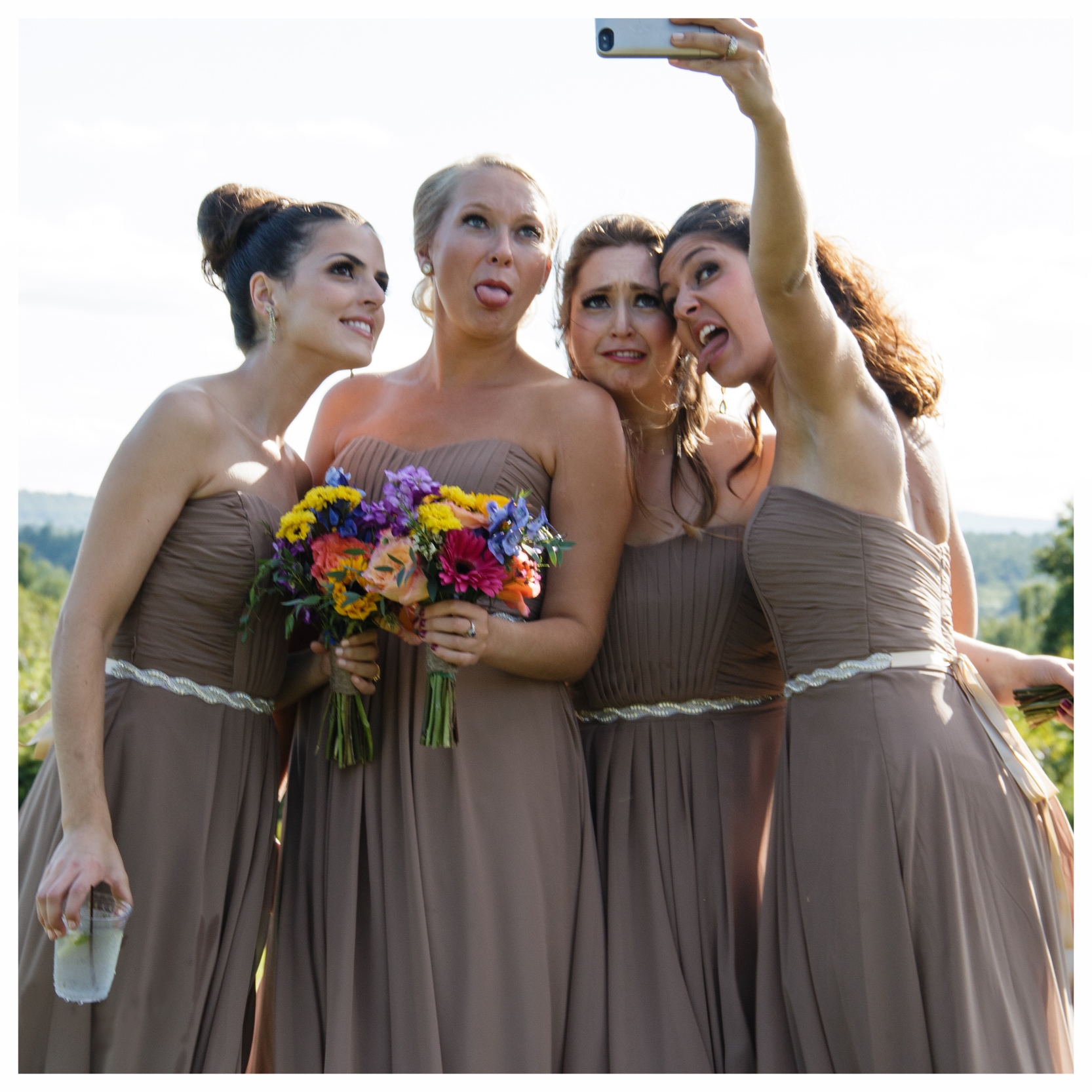Wedding Photography + Videography: Your Top Questions Answered
Here's how to hire the right documentary pros.
Guess what: A funny thing happened on the way to the wedding—and that's exactly why you're hiring a photographer and videographer. Your photos and video are the record of the laughs, tears, hugs, and toasts that are bound to take place throughout your wedding day. Here's everything you need to know to book the right shooters.
"If you don't like your photographer or videographer, chances are your friends and family won't either, so find someone who will treat your whole crew well."
Do we need to hire a photographer and a videographer?
Photographers should always be on a must-hire list (and rightfully so), but videographers are sometimes considered less of a priority. While your photographer will immortalize much of your wedding day, think of the sounds that can't be captured in a photo, like your vows, the reception music, and the toasts. If your budget allows for both vendors, it's worth the investment.
How can we find good shooters?
Heed the age-old advice "stick to what you know," and start your search by asking friends and family for recommendations—a thumbs-up from someone you trust is the most reliable way to find your photographer or videographer. In lieu of a personal reference, check the Knottie boards for reviews from your area. After you've compiled a list of vendors with potential, browse their online portfolios. The sample photos or clips will obviously be the best of their best—it might be tough to judge the breadth of their skill from these highlights, but you can at least get a good sense of their style. Also check for the photographer's blog—these are a great way to gauge a photographer's talent, and the way they approach their art.
Do our photographer and videographer have to get along?
While they don't have to be best friends, it's a plus if you can find shooters who have worked together before. A bigger concern would be if they've worked together with disastrous results—you don't want to have vendors at odds with each other when they need to cooperate to get the same shots. One way to guarantee a good tandem is to hire a studio that does both photo and video, or simply ask your photographer if he can recommend a videographer.
What should I ask when I interview a photographer or videographer?
After you've narrowed down the list to three or four candidates, set up interviews. In terms of their work, ask to see an album of a complete wedding so that you can gauge their range—if there's a strong mix of formal portraits, candid shots, details, and scenic pictures, chances are your album will be similarly complete. When you interview videographers, ask to see 20 or 30 minutes of a video rather than a five-minute highlight reel. When you're watching, pay close attention to the quality of the video and the audio, as well as how smoothly the transitions are edited.
What about their personality? Does it really matter?
Just as important as their skill is how well you get along with the photographer or videographer. You should feel comfortable with the person you choose to shoot your wedding—in fact, these vendors often like to get to know their clients on a personal level. Considering they will spend numerous hours with you on your wedding day (and you'll be in close proximity a lot of the time), you don't want someone following you around who makes you want to run the other way. And remember: If you don't like your photographer or videographer, chances are your friends and family won't either, so find someone who will treat your whole crew well.
Should we be scared if he uses a ton of special effects?
Your photographer might use effects to correct colors or highlight details, but some effects can make a photo feel dated years from now. If you look through a portfolio and you're turned off by the type of effects that are used, ask whether they can be toned down in your album.
Knot Note: It normally takes around six to eight weeks to get proofs of your photos. If a photographer says he can deliver an album suspiciously fast (like within two or three days), you should be wary about the amount of time he'll spend editing the finished product.
What's better: film or digital?
Although some purists may never stray from film, digital photography has more or less caught up in terms of image quality. Those with a trained eye may be able to spot a print taken with a digital camera from one shot with film (some say film captures more true-to-life colors), but the differences are not dramatic. One plus for digital is that it's easier to make copies of your photos, and you can quickly archive all your digital prints on a disc. Bottom line: You wouldn't tell a carpenter what tools to use when he's building a house, as long as the job is done well. The same applies here.
We're worried that our shooters will bring too much equipment. Is this a common problem?
First off, forget every cliché you've heard about videographers hauling around tons of clunky equipment—new advances in technology over the last few years have made wedding video-graphy less obtrusive than ever. Small cameras that shoot great in low light and tiny wireless microphones mean videographers can take a fly-on-the-wall approach. In fact, more couples are hiring videographers to accompany them to their destination wedding because of the smaller size of their equipment. You can expect both your photographer and your videographer to use some extra lighting, especially if your ceremony space is dim or your reception takes place at night.
Should we make a must-shoot list?
Don't worry about reminding your photo and video pros to shoot the classic scenes—they'll definitely capture the cake-cutting and your first dance. What you should give a heads up about, however, is key people to shoot (Grandma, the ring bearer) and any tradition or unique detail that you're going to include in your wedding.
Are there any new wedding photo and video trends?
There's definitely a sweeping change in the art of wedding photography. "Trash the dress" photo sessions (where you wear your gown one last time after the wedding without worrying about keeping it clean for a cool set of pictures, like in a swimming pool), and boudoir photography (steamy photographs in which you wear a little less than your gown) are all the rage. Going digital has also helped some photographers push the envelope, since they can try out a unique angle or lens and know right away how it came out.
For wedding videography, the most notable advance is that an increasing number of videographers are upgrading their equipment to be able to shoot in high-definition. Even if you don't have a Blu-ray player yet, your wedding video can be archived in HD so that you'll be able to view it in high-def when you invest in the new technology. You could also consider adding a few vintage-style scenes to your wedding video. With a Super 8 effect added in post-production (which has a grainy film feel to it), you can enhance a few classic shots with a look that never grows old.


